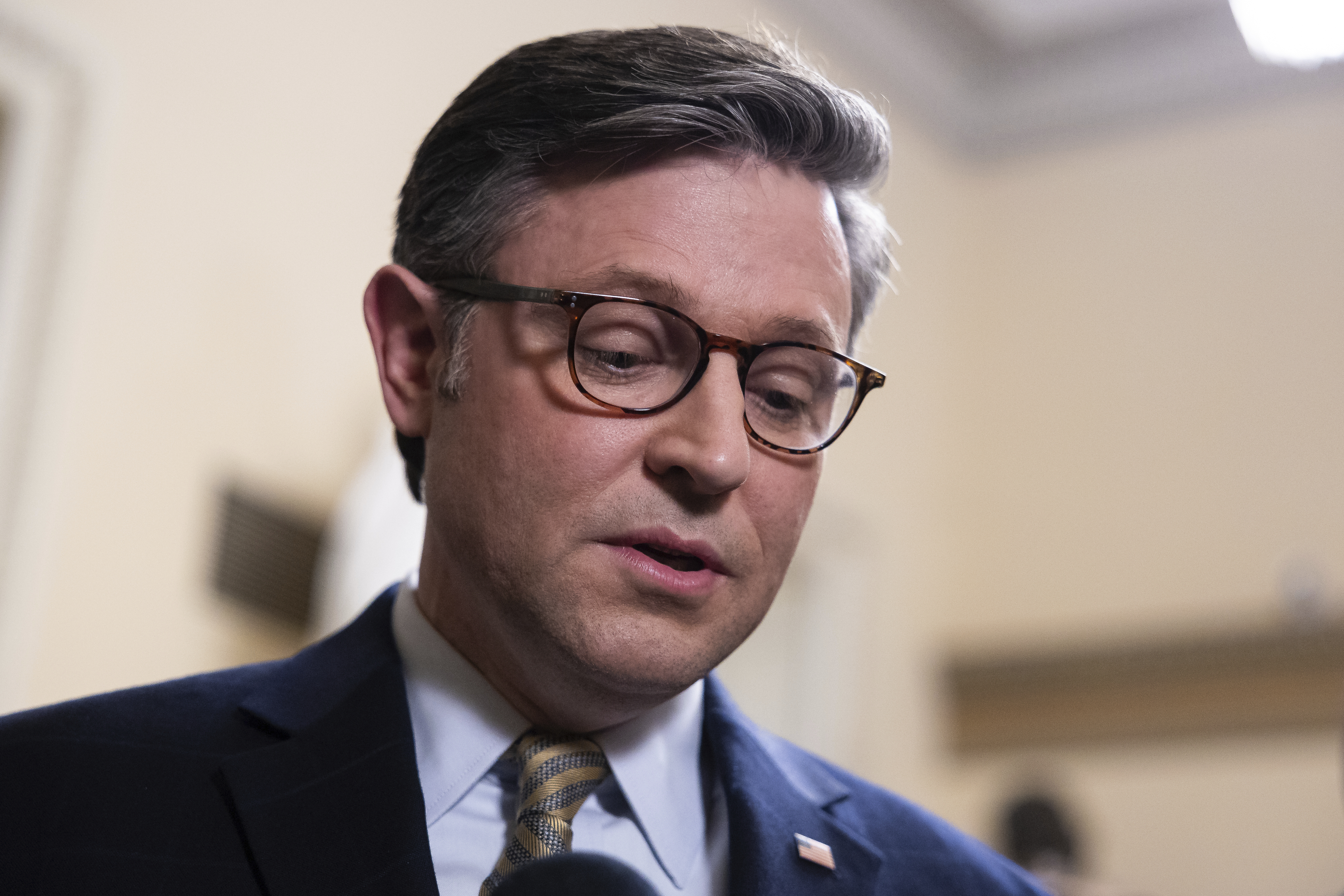Republicans will make it harder to remove the speaker in the 119th Congress under a rules package unveiled Wednesday.
The proposed rules package would require nine GOP members to back making a motion to vacate to trigger a vote on ousting the speaker. That’s an increase from the current rule, which allows any single GOP member to force a vote.
The deal to increase the threshold was negotiated in November by members of the House Freedom Caucus and the small business-oriented Main Street Caucus last year — an agreement that was first reported by POLITICO. Even after a vote is triggered, it still requires the support of a majority of the House in order for a speaker to be removed.
The release of the rules package, which includes proposed changes to the House’s general order of operations, comes ahead of Friday’s start to the new Congress. Republicans will need to formally adopt the package on the House floor, which they can’t do until they elect a speaker. In addition to the change to the motion to vacate, the rules package also tweaks the names of two House committees, allows committees to adopt rules on electronic voting, and tees up votes on 12 GOP bills including legislation related to immigration, voter ID and transgender student athletes. Inclusion of one of those bills, related to the International Criminal Court, is already drawing pushback from some members of the House GOP’s right flank.
Speaker Mike Johnson, during a recent Fox News interview, predicted that he will have the votes to become speaker despite his party’s thin margin. But Johnson has yet to lock down the votes he’ll need from his conference. Republicans are expected to have a 219-215 majority at the start of the new Congress, meaning Johnson must have nearly unanimous support from GOP lawmakers to win the gavel.
Rep. Thomas Massie (R-Ky.) became the first Republican to vow to vote for another candidate — though he hasn’t said who — and roughly a dozen others remain on the fence about if they will support him on Jan. 3. Johnson can afford to have only one House Republican vote for someone else, meaning any additional GOP lawmaker who joins Massie in supporting another candidate could derail the speaker’s race.
Rep. Chip Roy (R-Texas), a member of the Freedom Caucus, wrote on X on Wednesday that he remains undecided on the speaker vote but indicated that he isn’t a “hard no” against Johnson.
“The reason I am still undecided on the Speaker vote (as opposed to hard no) is it’s not ALL the fault of [Johnson] & my desire is to give him grace & [Trump] room to deliver on a strong agenda for which we were elected. But something MUST change,” Roy wrote online.
Some holdouts have continued to float changes to the rules, or indicated they want commitments from Johnson particularly on spending, as they mull their speaker vote. Roy has also reached out to other GOP members to check the viability of Judiciary Chair Jim Jordan (R-Ohio) and other possible candidates if Johnson can’t win the gavel.
Johnson’s team and his allies are tracking roughly a dozen GOP holdouts ahead of Friday’s vote, according to three people familiar with the conversations who were granted anonymity to discuss them.
Johnson also told a Louisiana radio station that he would be meeting on Wednesday with President-elect Donald Trump, who recently reiterated his support for Johnson’s speakership, to discuss strategy for 2025.
“Many of them are pretty soft holdouts,” said one of the people familiar with the conversations. But, they added: “Of course, it doesn’t take very many hard holdouts to cause problems.”
The post House rules would make it harder to oust speaker in next Congress appeared first on World Online.

